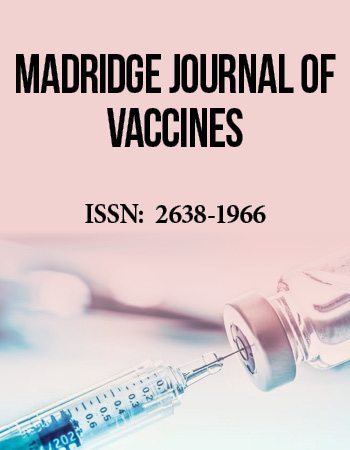International Conference on Vaccines
Feb 20-22, 2017 | Baltimore, USA
Applying a radioprotective Mn2+ peptide complex (MDP) to the preparation of irradiated vaccines
1Uniformed Services University of the Health Sciences (USUHS), USA
2Henry M. Jackson Foundation for the Advancement of Military Medicine, USA
Antioxidant Mn2+-peptide complexes accumulated in the extremely radiation-resistant bacterium Deinococcus radiodurans have a remarkable ability to protect and preserve the structure and functions of proteins exposed to megadoses of ionizing radiation, but they do not significantly protect nucleic acids (Daly et al., 2010).
Reconstituted D. radiodurans Mn2+-peptide complexes were shown to uncouple protein damage from DNA/RNA damage during supralethal exposures to gamma-radiation and applied to the preparation of irradiated vaccines. An ideal whole-organism vaccine lacks any infectivity, but retains all original epitope configurations needed to mount a protective immune response.
We rationally-designed the peptide component of Mn2+-peptide-orthophosphate complexes. One Mn2+-complex named MDP (Mn2+-DEHGTAVMLK-Pi) preserves antigenic structures in aqueous preparations of lethally-irradiated bacteriophage lambda, Venezuelan equine encephalitis virus (VEEV), and methicillin-resistant Staphylococcus aureus (MRSA). MDP-Irradiated vaccines for MRSA protected mice against MRSA skin infection.
This novel approach now has been successfully applied to other pathogens.


